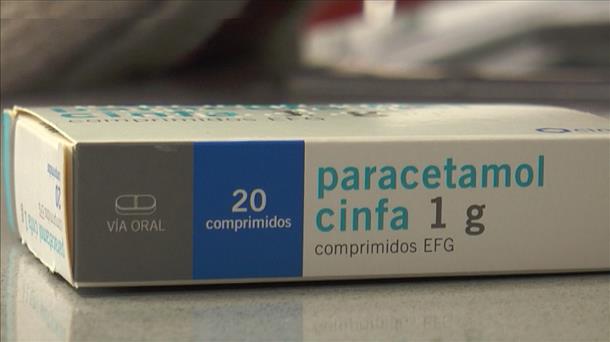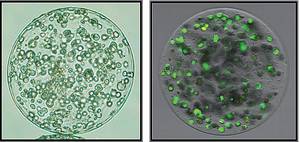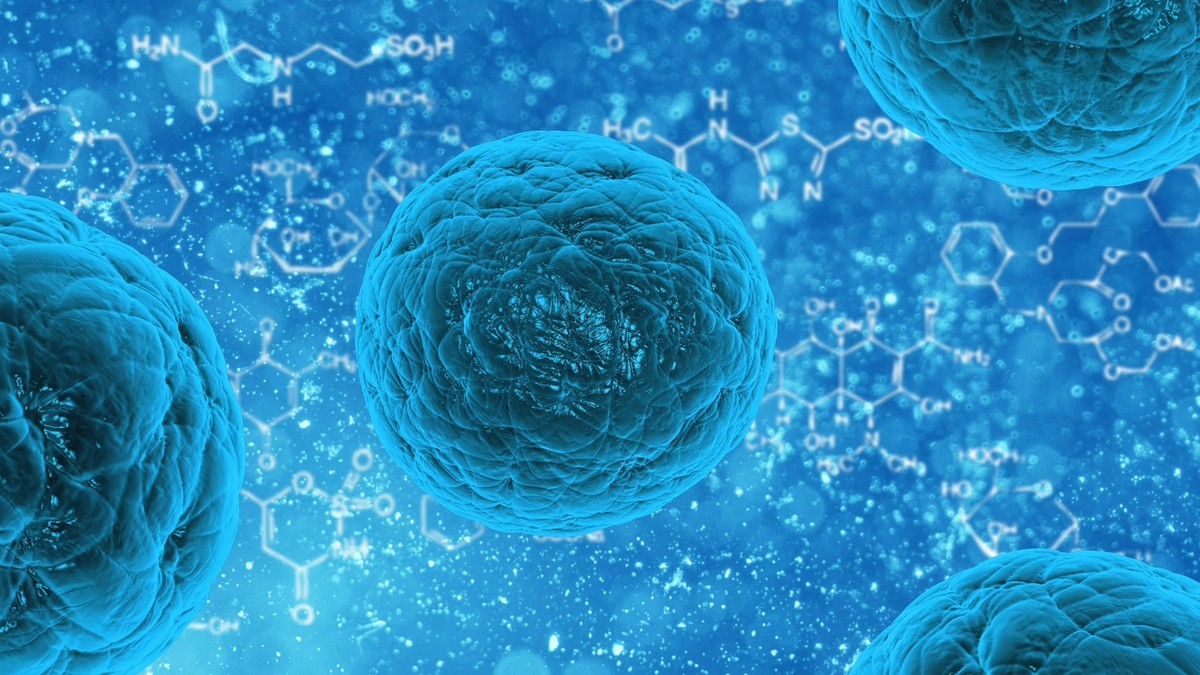“It is essential to bring science to people”
2017/12/08 Galarraga Aiestaran, Ana - Elhuyar Zientzia Iturria: Elhuyar aldizkaria
.jpg)
Ainhoa González Pujana has not come by chance to be a researcher at the NanoBioCel group of the UPV. He confesses that he has always had a great curiosity and that since childhood he has been interested in health. He explains that "I really liked chemistry and biology, so I decided to study pharmacy." But from the beginning he ruled out the possibility of working in a pharmacy office. So while studying at university he tried other ways: "On the one hand, I did an internship in hospital pharmacy and on the other, I did research in Pharmaceutical Technology. And I stayed with the latter."
To continue on that path, at the end of the career, a direct master's degree was made and he joined the thesis directly. Now begins the third year of his thesis. He says he is very comfortable because he likes what he is doing. However, it recognizes that it is not easy: "It's hard work. Sometimes things don't go as we thought, and then we spend a lot of time reasoning the result, adapting the experimental plan... However, I am very encouraged to think that my formation is enriching."
Among the things that encourage them is the possibility of making a stay abroad. In fact, next year he will investigate six months in Boston, at Harvard University. “I’m looking forward to learning techniques, seeing how they work there.”
Strength to move forward
In addition, he recently won the award for best oral communication at the First Congress of Young Researchers organized by CRS in the local Spanish and Portuguese section. Well, the award was a scholarship to attend one of the most relevant congresses in Pharmaceutical Technology, the CRS Annual Congress 2017. And where will the congress be and in Boston! Remember with satisfaction the days of the congress. “It gave me the opportunity to learn about the work of the most important researchers in my area. It was very interesting.”
The presentation focused on an aspect that is researching in the thesis, specifically on a problem that arises in cell microencapsulation: the lack of control over cellular behavior.
González explains his research: “Cells are able to produce various therapeutic factors. We encapsulate them in an alginate matrix, so the body implant allows the permanent release of drugs.” According to the drug produced by the cell, this technique can be used to treat one or another disease, such as diabetes, parkinson, some cancers... Although the NanoBioCel group is conducting a basic research, clinical trials based on this technique already exist, both to treat diabetes and parkinson's.
After making the most of his stay in Boston, he hopes to present his thesis. From there he is open to testing them, but would like to continue researching in the pharmaceutical industry.
However, it is clear that this is a great effort and considers that, in general, people have a great ignorance about the work they do: “That is why it is essential to bring science to the public. Outreach is fundamental for society to value our work and ultimately encourage more science.”
Ainhoa González Pujana was born in Vitoria-Gasteiz in 1991. After graduating in Pharmacy from UPV/EHU (2014) he studied Master in Pharmacology and Drug Development. The Ciber-BBN then offered him a research grant to work in the NanoBiocel group at UPV. From there he has been a member of the association to date. In 2016, after receiving the scholarship from the Basque Government, he began his thesis on cell microencapsulation in the same group.

Gai honi buruzko eduki gehiago
Elhuyarrek garatutako teknologia







